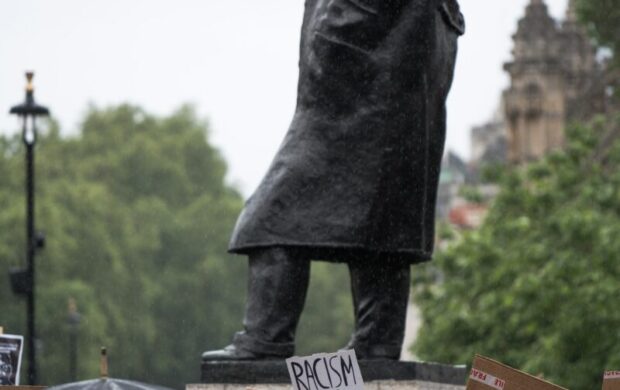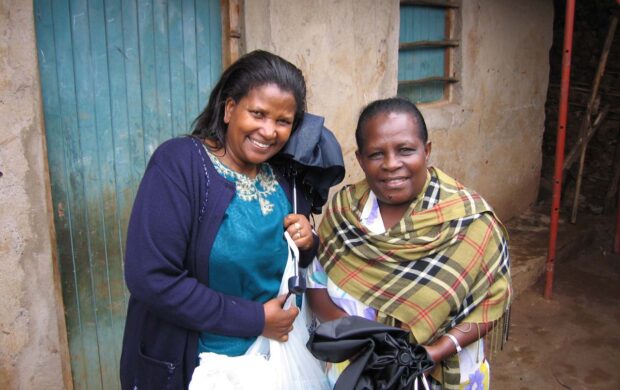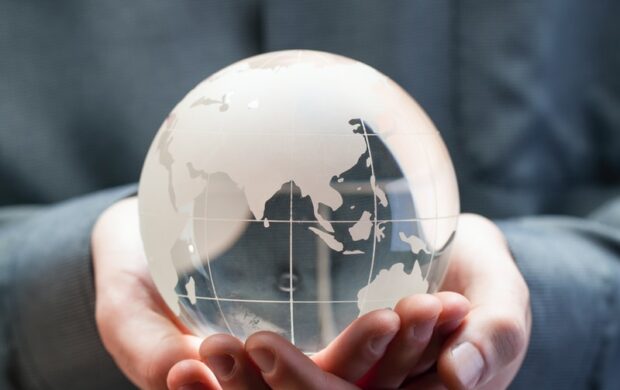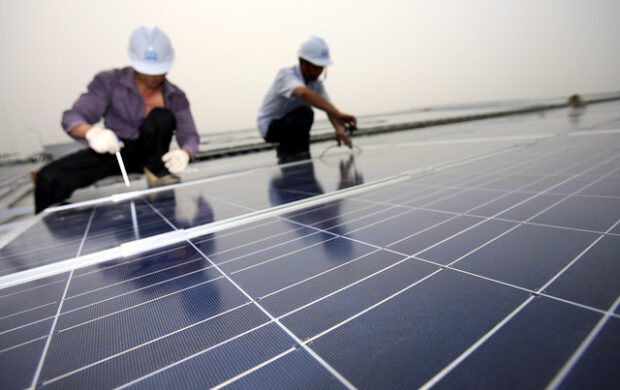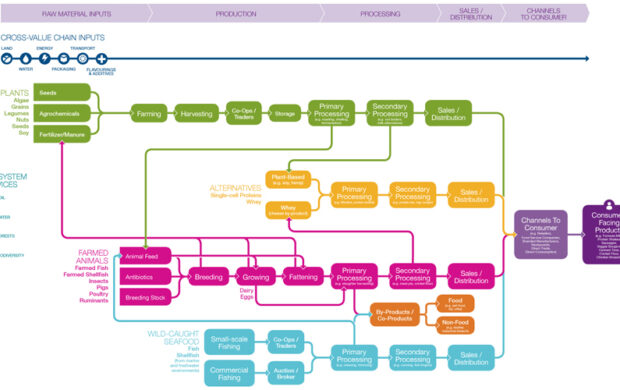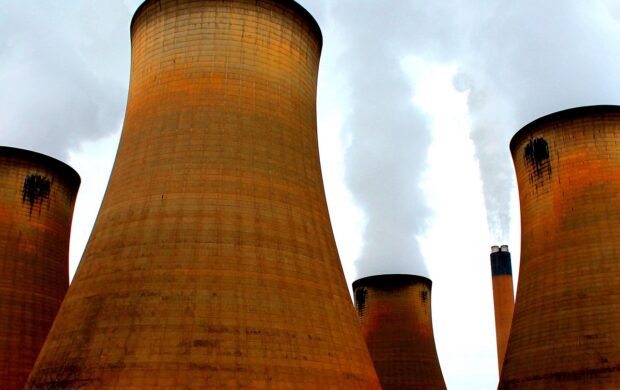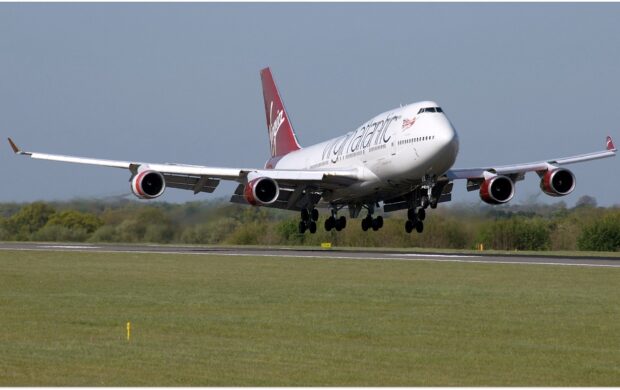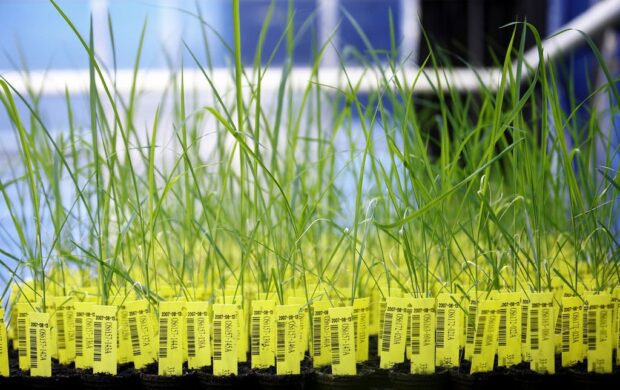In December 2014, E.ON – Germany’s biggest utility – announced plans to split into two separate companies in order to spin off all of its centralised power plants, which are mainly coal, gas and nuclear. By 2016, E.ON plans to focus exclusively on renewables, efficiency and distributed energy and also ‘empowering customers’. This includes actions such as digitising the distribution network and enabling customers to generate their own energy via sources such as solar power coupled with storage.

E.ON explained its dramatic reforms as a positive response to the ‘new energy world’ and the challenges of managing a long-term transition from one energy paradigm to another. E.ON lost $5.5 billion in 2014, largely due to financial troubles with its conventional fossil fuel power plants. Another German utility, RWE, lost $3.8 billion for the same reason. Wholesale prices for coal and gas have plummeted in Germany, due to falling consumption and government policies that prioritise distributed renewables on the grid.
While E.ON expects the old, conventional energy world of fossil fuels and centralised power stations to persist for some time, it intends to focus on the emerging distributed energy system that is characterised by technological innovation, low carbon energy and personalised customer services. Johannes Teyssen, CEO of E.ON, foresees a revolution in the role of customers and expects that many of them – who already generate a portion of their own power – will choose to become largely independent of the conventional power and gas network when energy storage devices become more prevalent.
Renewables are a key driver of this new energy paradigm, and their increasing technological maturity and cost efficiency is creating strong growth. Teyssen explains that renewables already attract more investment in new capacity than any other energy technology, and he expects this trend to increase.
Image credit: The Energy Collective
